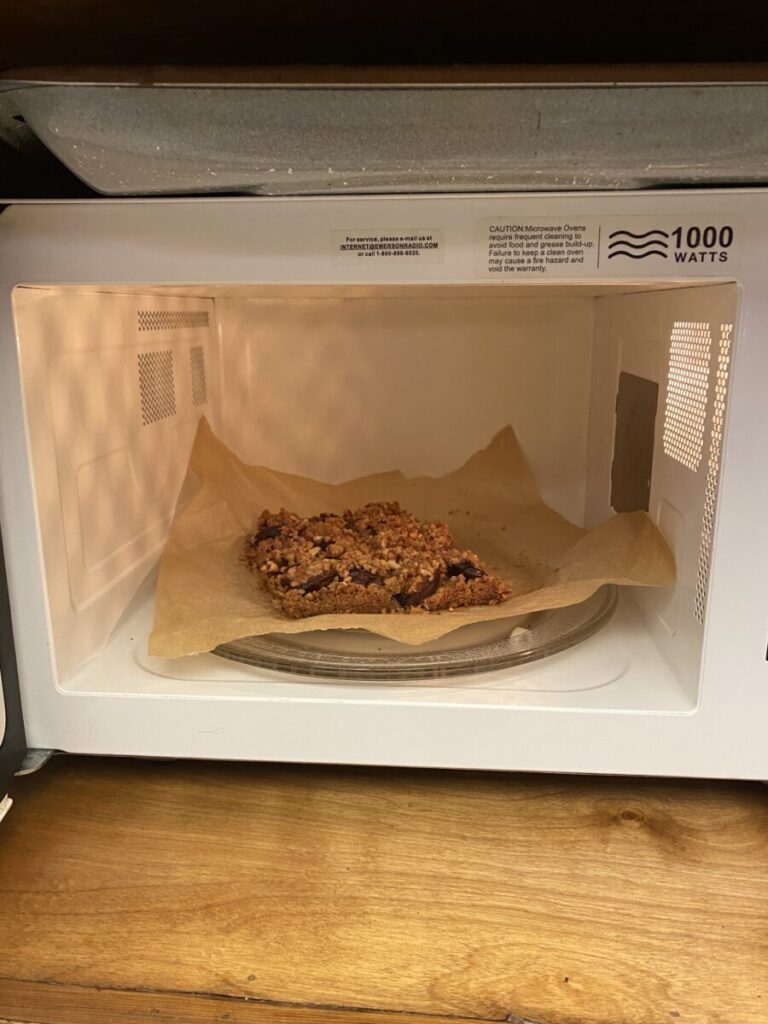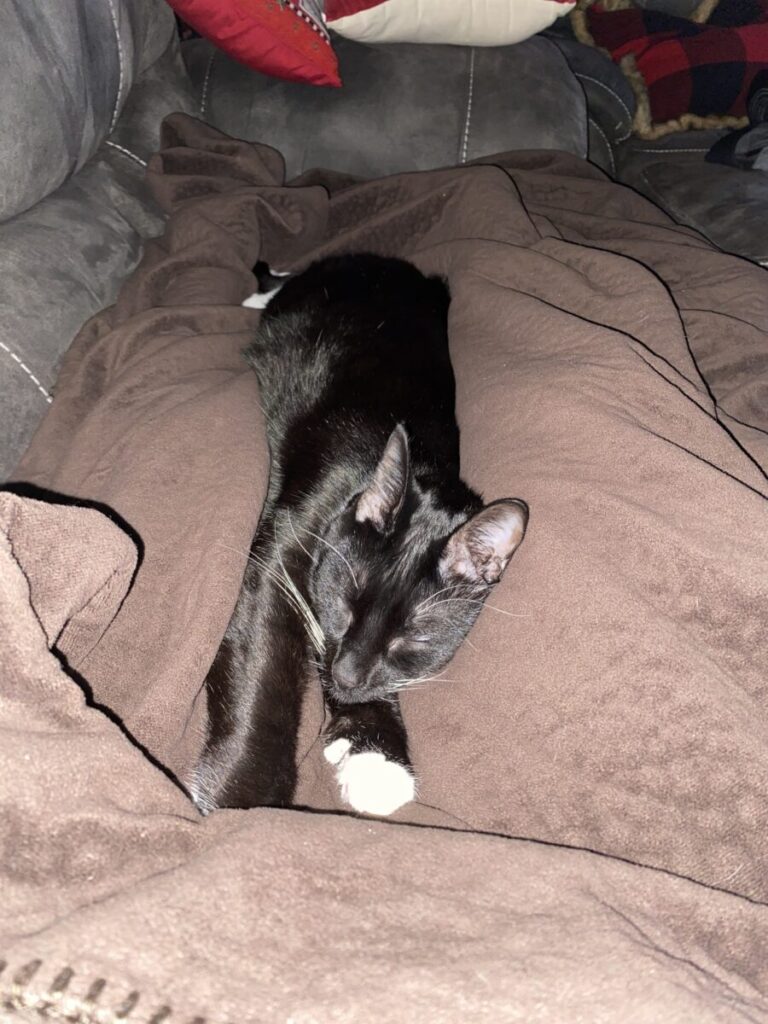Does everyone lament the loss of their memory when they reach middle age? (I’m trying to accept that I’m middle-aged by saying it more frequently.) I had such a great memory. I remembered dates, places, weather, events, outfits, even arguments – much to the chagrin of Hubs.
I imagined my brain as a very large filing cabinet, organized basically by date. If someone asked me a question, I would picture myself flipping through dated files…oh yes, I got that Rick Springfield album for my fifth birthday. That really awful Halloween snowstorm? My sophomore year of high school. Did your grandfather die in 2004? No, it was December of 2003.
A very well-organized filing cabinet. I rarely misplaced anything.
Then came The Child.
Yes, pregnancy brain is a real thing, or at least it was for me. It was frustrating, of course, I thought, but it would pass. In time, I would be back to my old self.
Oh, how cute I was. No, you will not, said The Universe. You will have a child who hates sleep. He will trick you by sleeping through the night from two months old until five months old, and then he will not sleep a full night again until he starts kindergarten. And while he’s not sleeping, what is he doing? He is rifling through your filing cabinet, destroying your perfectly organized, chronologically accurate memories.
Figuratively, of course. No sleep is no joke though. Did you know that dreaming is how your brain sorts through your short-term memories and decides what to keep in long-term storage and what to throw away? When you aren’t sleeping you aren’t dreaming. Both my long-term and my short-term memory became laughable.
Eventually, of course, The Child slept. We still have some rough patches and he still HATES to sleep, but he sleeps (usually). So I sleep (mostly). But my memory is still a disaster.
Here is a short list of memory-related things I have done just this week:
- Walked upstairs to my home office/guest room specifically to grab my laptop and got all the way back downstairs before noticing I didn’t have it
- Looked around the house for my phone for five minutes before discovering it in my hand
- Said, out loud, to one of the cats, “What’s your name again?” (It was Stefon, in case you were wondering.)
- Went down to the basement to get something. Stood in the basement unable to remember what the thing was. Still don’t have it, whatever it was.
- Unable to recall the words “measuring tape,” I rummaged through the tool box for “the thing you use to find out how tall something is”
- Baked a pan of plum crumble bars and forgot to add sugar. Placed the cooled bars in the microwave to keep them safe from the cats, forgot they were in there and left them there for a full 24 hours until I opened the door to heat something up. (They were fine, with a little ice cream on top to make up for the missed sugar.) Also, I forgot to include this story in my first draft of this article. I remembered when I came across the photo I had taken of the bars in the microwave and found it very amusing that I forgot to include a story about forgetting something in an article about forgetting things. I laughed for about five minutes.
I used to laugh at my mother because she always called me by her two sisters’ names. I do not laugh at this anymore. I don’t even correct her. I just respond. I know who she means.

I’m not worried about my memory. The brief lapses are annoying but I know that it’s mostly stress and parenthood that are causing this. I try to write things down, set reminders on my phone, place items where I’ll see them later. We all experience momentary memory lapses that are no big deal, even if they may be frustrating.
It does make me think about keeping my brain and my memory sharp as I get older though. I’m not alone. AARP reports that 1 in 5 Americans aged 50 and older take a vitamin or dietary supplement for their brain health. In another study of adults between the ages of 50 and 64, 73% of respondents reported that they do crossword puzzles or play brain games or take a supplement to keep their brain sharp.
Do any of those supplements or crossword puzzles help? Maybe. There’s not nearly enough data to tell us that. They probably don’t hurt.
There are some things that help protect brain health as we age that we do have enough data on. They’re mostly the same things we should be doing anyway for good health and they are things most of us struggle with, like eating healthfully, exercising and getting enough sleep. Brain health is just one more reason these things are important.
Exercise
Regular exercise improves circulation, keeping blood flowing to your brain and helping to keep your blood vessels healthy. Exercise also helps reduce the levels of stress hormones in your body, which helps with memory and overall health. Exercise also improves neuroplasticity, or your brain’s ability to build new neural pathways and connect existing bits of information.
Even small amounts of exercise help. Anything is better than nothing. As I like to say, whatever the question is, exercise is probably the answer.
Healthful Eating
There isn’t a fad diet for brain health. Instead, two well-known eating plans with decades of research behind them merge to create the ultimate brain health diet. Called the MIND diet, it’s a combo of the Mediterranean Diet and DASH (Dietary Approaches to Stop Hypertension) diets. MIND stands for Mediterranean-DASH Intervention for Neurodegenerative Delay. (Say that five times fast.) There’s no crazy foods here or ignoring entire food groups. Instead, MIND focuses on vegetables (particularly leafy greens like kale and spinach), fruits, whole grains, fish, healthy oils, legumes and nuts. It minimizes sugar, red meat, saturated fats and processed foods. This is not rocket science. Cooking and eating at home, from whole ingredients as close to their natural state as possible, will always be better for you than fast food and processed foods. (Check out more on the MIND diet here.)
Sleep
As I can tell you from personal experience, getting enough sleep is essential for getting your brain to work properly. Adults of all ages need 7-9 hours of sleep each night. If you struggle with staying asleep for that many hours at once, you might be a biphasic sleeper. That’s completely normal, but you still need 7-9 hours of sleep total.
If you struggle with falling asleep, consider different sleep hygiene strategies that may help, like lowering the temperature in the room, stopping use of electronics at least an hour before bedtime and limiting caffeine and alcohol. If practices like these don’t help, see your doctor. Poor sleep affects neuroplasticity, as well as the brain’s ability to remove waste products from its cells. This is in addition to the effects on memory, mood, energy level and biological markers like blood pressure and blood glucose levels.

Quit smoking
Do I need to elaborate? Smoking affects every system and organ in the body and the brain is no exception. Smoking increases your risk of cognitive decline. If you need help quitting, check out the New York State Quit Line at nysmokefree.com.
Stay socially connected
Staying socially active, connecting with your friends, family and community and having a purpose in life helps to support brain health. This can be a struggle for people who retire and no longer have the social network they had while they were working. Consider volunteer work for a cause you believe in. Stay active in your former profession by mentoring. Find social groups for hobbies or activities you enjoy. Being engaged in life is important for your brain health and your mental health.
And yes, learn something new
You’ve heard it before. Train your brain. Learning something new increases neuroplasticity (there’s that word again). The key is in the challenge. Crossword puzzles aren’t enough. To challenge your brain, you need to devote time and practice to something complex, involving problem solving or creative thinking. Learning to play a musical instrument, playing strategy games like chess or taking up a new hobby like woodworking or quilting are all good examples. Remember, the goal is to learn and consistently improve – don’t stress about mastery.
It’s never too early or too late to take steps to protect your brain health. If you need help, contact me. Now, I’m off to play chess with The Child. (He cheats.)
Thanks for being with me on this wellness journey,


Jen, I ayes enjoy your voice in your work, it makes me laugh. Thanks for the tips, great ideas here.
Darlene